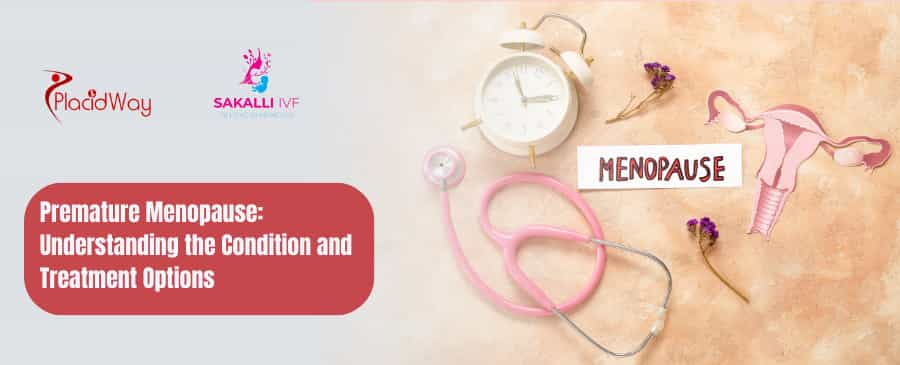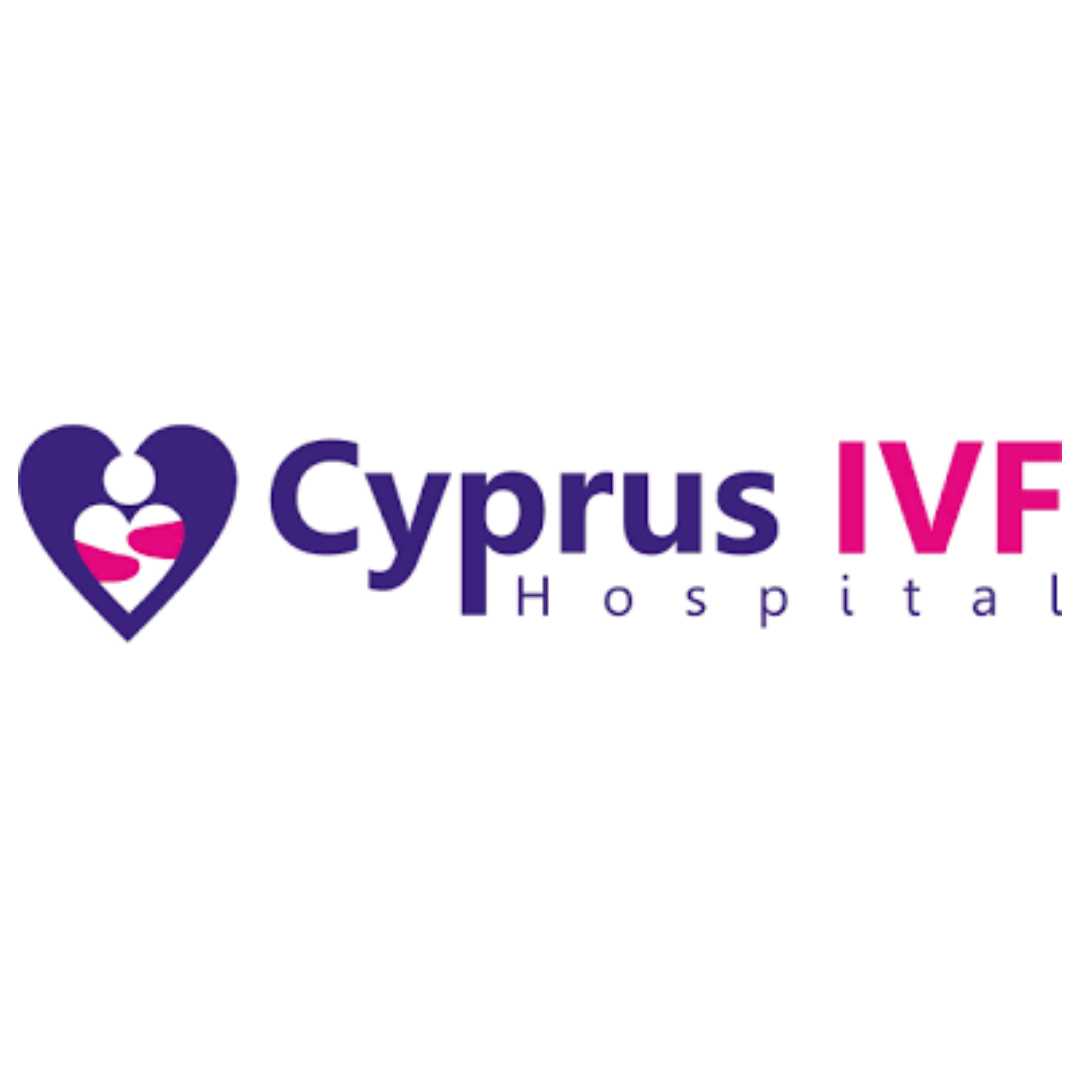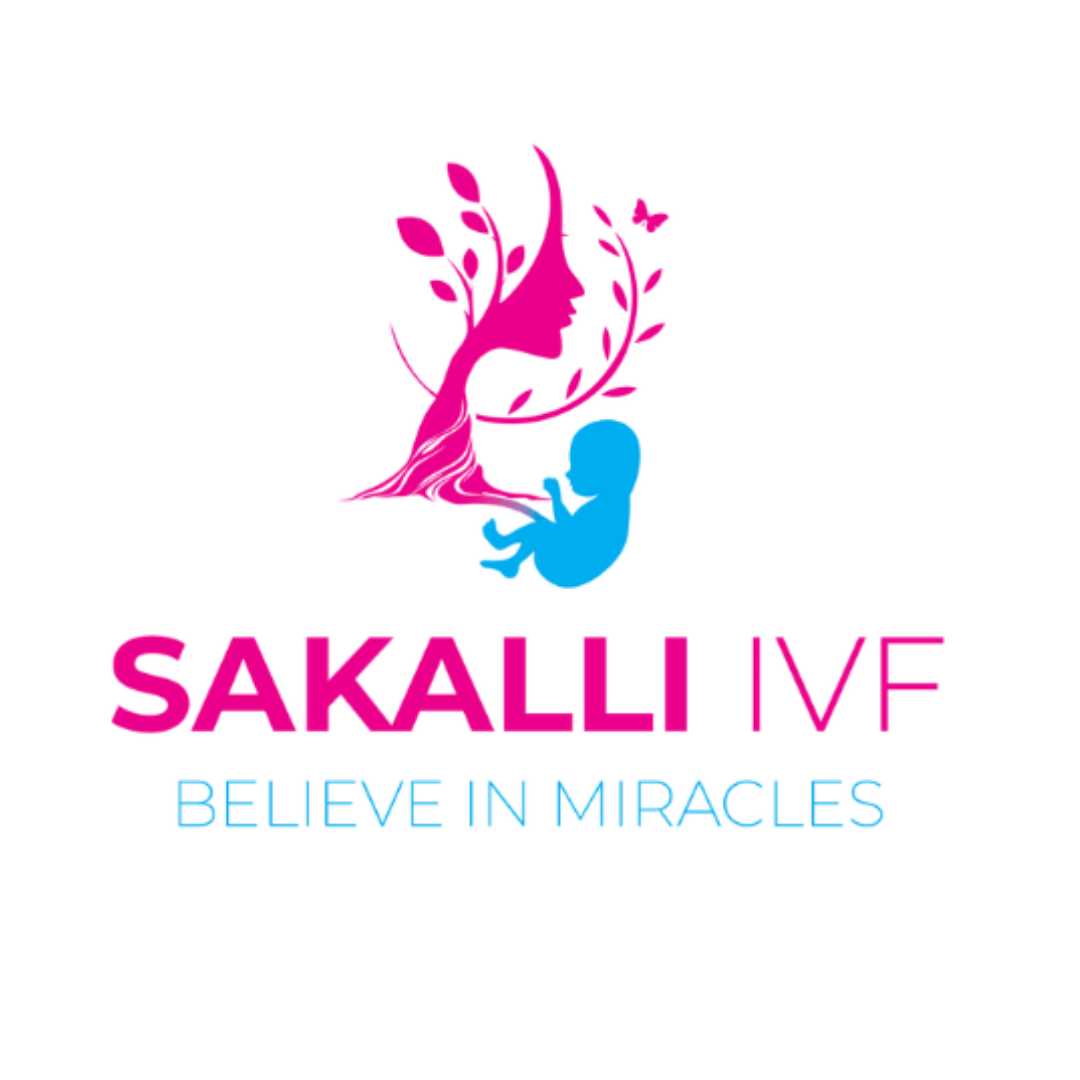
What is Premature Menopause?
Premature menopause, also known as premature ovarian failure, is characterized by the permanent cessation of periods before the age of 40 in women. Menopause occurs when a woman's ovaries no longer have eggs to produce. After menopause, the levels of fertility hormones (estrogen and progesterone) in the body decrease, meaning ovulation and menstruation come to an end.
The average age for menopause in the United States is 51, with most women experiencing the end of their menstrual cycles between the ages of 48 and 55. Premature menopause can affect 1% to 4% of women, sometimes even those in their 20s. This condition can pose a significant barrier for women trying to conceive. Additionally, premature menopause can lead to serious health consequences such as an increased risk of heart attack, stroke, and osteoporosis.
The most common causes leading to early menopause include high-dose radiation used in cancer treatment, chemotherapy, or surgical procedures involving the removal of the ovaries. Autoimmune diseases, thyroid problems, or infectious diseases can also damage a woman's egg reserve. Furthermore, genetic disorders can play a role in the onset of premature menopause, but in most cases, the specific causes of premature menopause are not well understood.
Causes of Premature Menopause
While the causes of premature menopause are not always clear, several factors can contribute to its early onset:
1. Genetic Factors
Genetics can play a significant role in premature menopause. Women with a family history of early menopause are at a higher risk of experiencing it themselves. Certain genetic conditions, such as Turner syndrome and Fragile X syndrome, are associated with early menopause.
2. Autoimmune Diseases
Autoimmune disorders, where the body’s immune system mistakenly attacks its own tissues, can damage the ovaries and lead to early menopause. Diseases like rheumatoid arthritis, lupus, and thyroiditis are linked to premature ovarian failure.
3. Cancer Treatments
Cancer treatments such as chemotherapy and radiation can severely damage the ovaries, leading to the early onset of menopause. The severity depends on the type of cancer treatment and the age of the woman undergoing it.
4. Surgical Removal of Ovaries
Oophorectomy, the surgical removal of the ovaries, will cause immediate menopause. This can be due to conditions like ovarian cancer, endometriosis, or other medical reasons.
5. Hormonal Imbalances
Thyroid problems, particularly hyperthyroidism or hypothyroidism, can disrupt normal ovarian function, potentially leading to premature menopause.
6. Lifestyle Factors
Certain lifestyle factors, such as smoking, can contribute to premature ovarian failure. Studies have shown that smokers tend to experience menopause earlier than non-smokers.
Can IVF/Fertility Drugs Cause Early Menopause?
Absolutely not. There is a persistent myth that IVF or other fertility treatments can cause early menopause. The general theory suggests that fertility drugs, by stimulating the maturation and release of 10 to 15 eggs instead of the single egg normally released during a woman's natural ovulation, could lead to a quicker depletion of eggs. This is categorically false.
In a normal cycle, your body produces 10 to 20 egg follicles each month. As the cycle progresses, one of these follicles becomes dominant and fully matures to produce the egg that will be released that month. The remaining immature eggs are lost. Fertility drugs work by stimulating the follicles your body is already producing to mature more of them. This ovarian stimulation simply uses more eggs that would have been lost in that menstrual cycle anyway. It does not deplete your natural egg reserve in any way.
Can Women Get Pregnant After Menopause?
Yes. Women who have entered menopause can still become pregnant through in vitro fertilization (IVF) treatment, regardless of whether menopause has occurred early or at the expected time. The chances of having a healthy baby using healthy donor eggs are high.
If you suspect you are entering early menopause and wish to have a baby, it is beneficial to seek professional health support as soon as possible. Our fertility team will conduct tests to determine whether you are truly in menopause and will perform a series of tests to find out which treatment options make sense for your situation.
If you decide to try to become pregnant using donor eggs with the IVF method, you can proceed with IVF treatment anonymously using eggs from a donor whose identity is not released.
- IVF treatment with donor eggs has the highest success rate among fertility treatments. Nationally, the success rates are around 52%, and in some clinics, this rate can reach up to 75%.
- Early menopause can be a distressing diagnosis, but with the right treatment, you have the chance to return home with a healthy baby.
At Sakalli IVF, we proudly offer egg donation programs with high success rates, personalized care, and full confidentiality to support your journey to parenthood.
Options for Women with Premature Menopause
1. Egg Donation
Egg donation is one of the most effective treatments for women who experience premature menopause. Donor eggs are used in conjunction with IVF to help women achieve pregnancy. This option allows women to experience pregnancy and childbirth using the eggs of a donor who is typically younger and has a healthy ovarian reserve.
2. Hormone Replacement Therapy (HRT)
For women experiencing premature menopause, HRT can be used to replace the hormones that the ovaries no longer produce. This helps to manage symptoms such as hot flashes, night sweats, and vaginal dryness, as well as reduce the risk of osteoporosis and heart disease.
3. Fertility Preservation
If a woman is diagnosed with early menopause, fertility preservation techniques such as egg freezing may be an option before the condition progresses. This allows women to store healthy eggs for future use with IVF.
Frequently Asked Questions (FAQs)
1. How do I know if I’m entering early menopause?
Symptoms of early menopause include irregular periods, hot flashes, night sweats, vaginal dryness, and mood changes. A blood test measuring levels of FSH (follicle-stimulating hormone) can help determine whether menopause is occurring.
2. What are the risks associated with premature menopause?
Premature menopause increases the risk of osteoporosis, heart disease, and stroke due to the lack of estrogen in the body. Women experiencing premature menopause are also at a higher risk for mood disorders such as depression.
3. Can premature menopause be prevented?
Unfortunately, premature menopause cannot be prevented in most cases. However, taking steps to maintain a healthy lifestyle, including not smoking and managing autoimmune diseases or thyroid issues, can help reduce the risk.
4. What is the best treatment for premature menopause?
The best treatment depends on the individual and their fertility goals. For women wishing to become pregnant, egg donation combined with IVF is the most successful treatment. Hormone Replacement Therapy (HRT) is commonly used to manage symptoms.
5. How long can women with premature menopause live a healthy life?
With proper management of symptoms and a healthy lifestyle, women who experience premature menopause can live a healthy, fulfilling life. HRT and other treatments can help manage risks related to heart health and bone density.
6. Can IVF with donor eggs guarantee a healthy pregnancy?
While IVF with donor eggs has a high success rate, there are still factors that can influence the outcome, such as age, overall health, and the quality of the embryo. Success rates can vary, but donor egg IVF is one of the most successful fertility treatments available.
Achieve Your Dream of Parenthood with Us
If you're facing the challenges of premature menopause and wish to explore your options for parenthood, contact Sakalli IVF today. Our team of fertility specialists is here to guide you through the process of IVF with egg donation and hormone replacement therapy. With personalized care and high success rates, we can help you achieve your dream of becoming a parent.



.png)



.png)
.png)

.png)

.png)
.png)



Share this listing